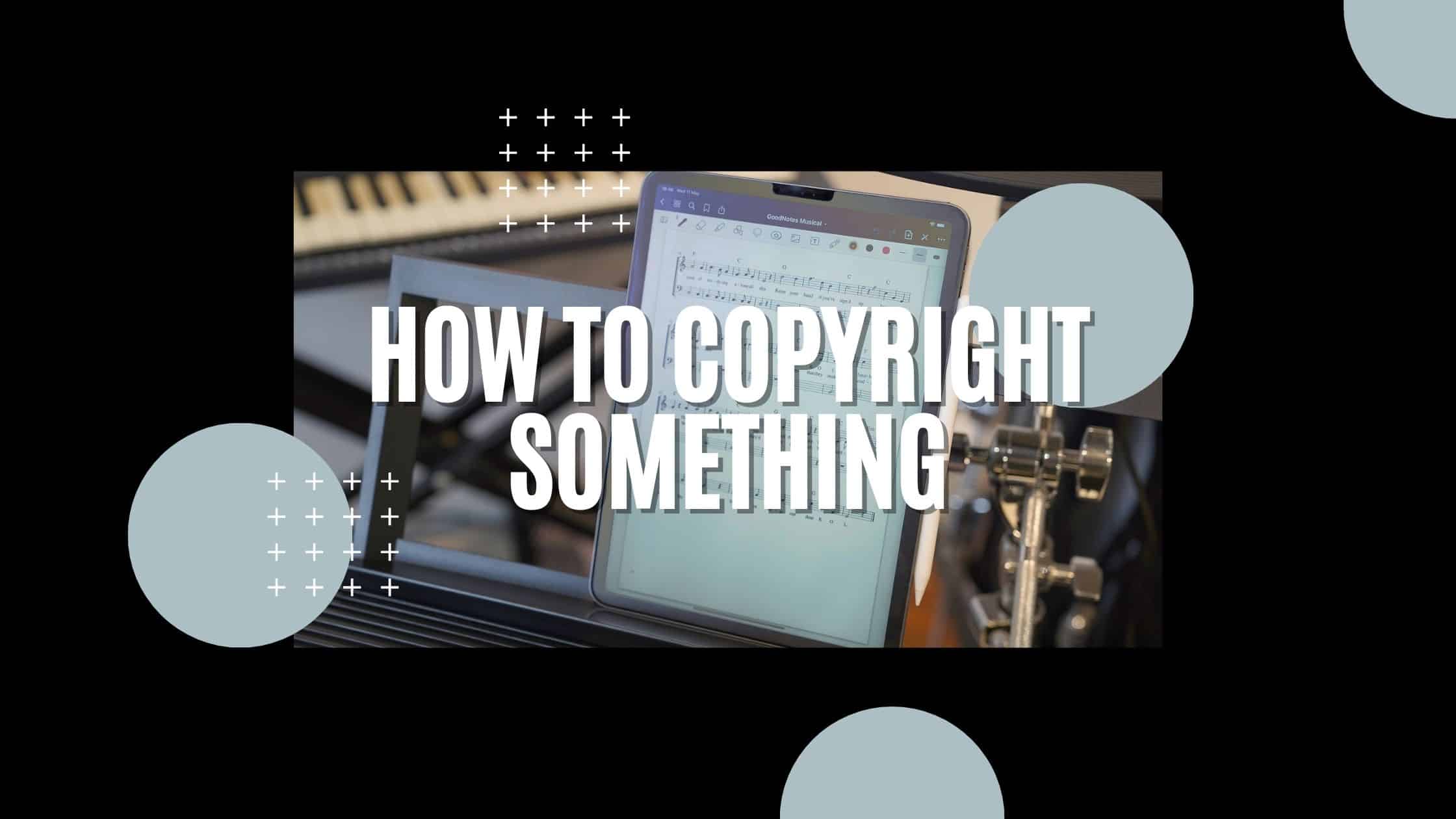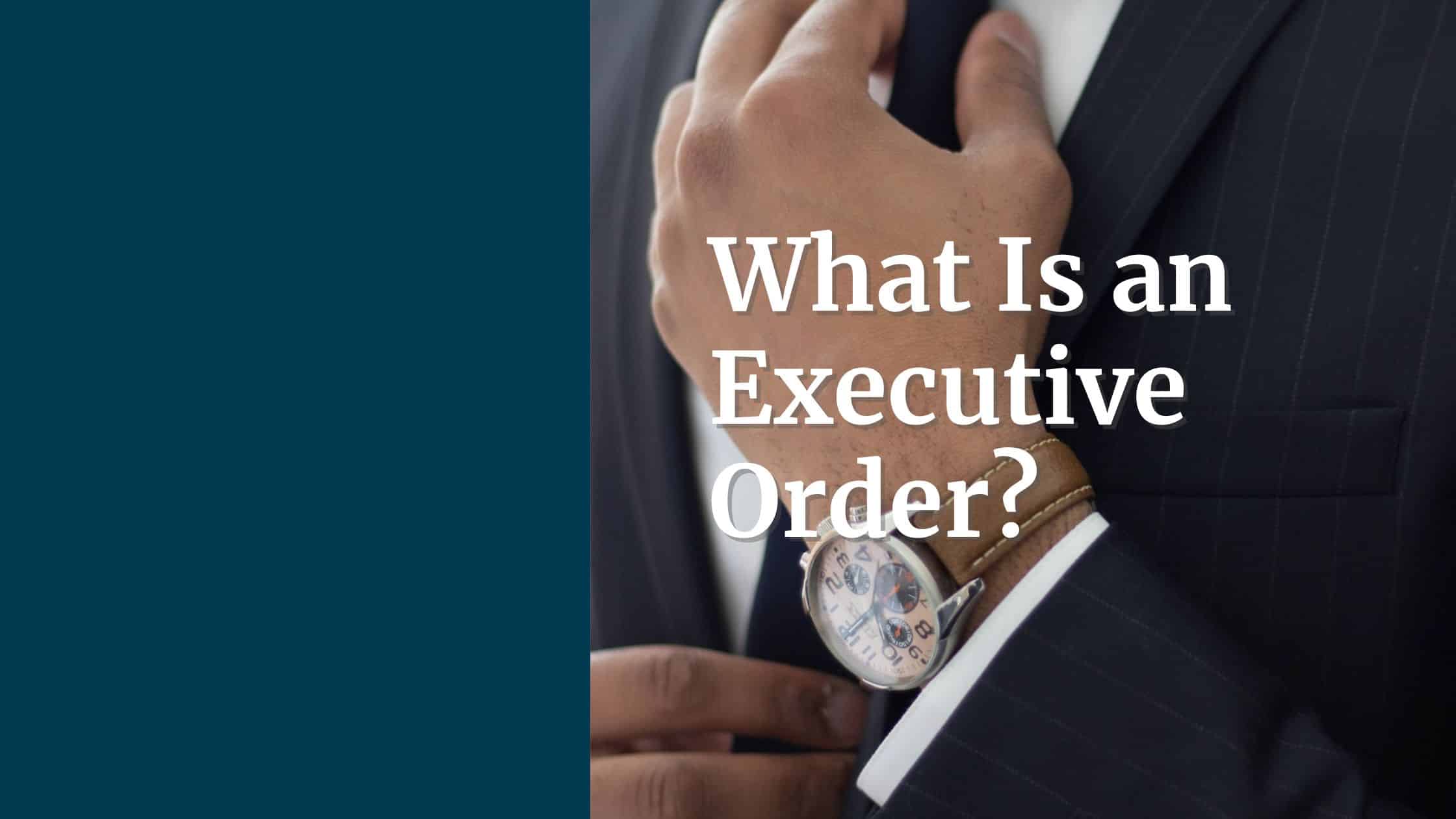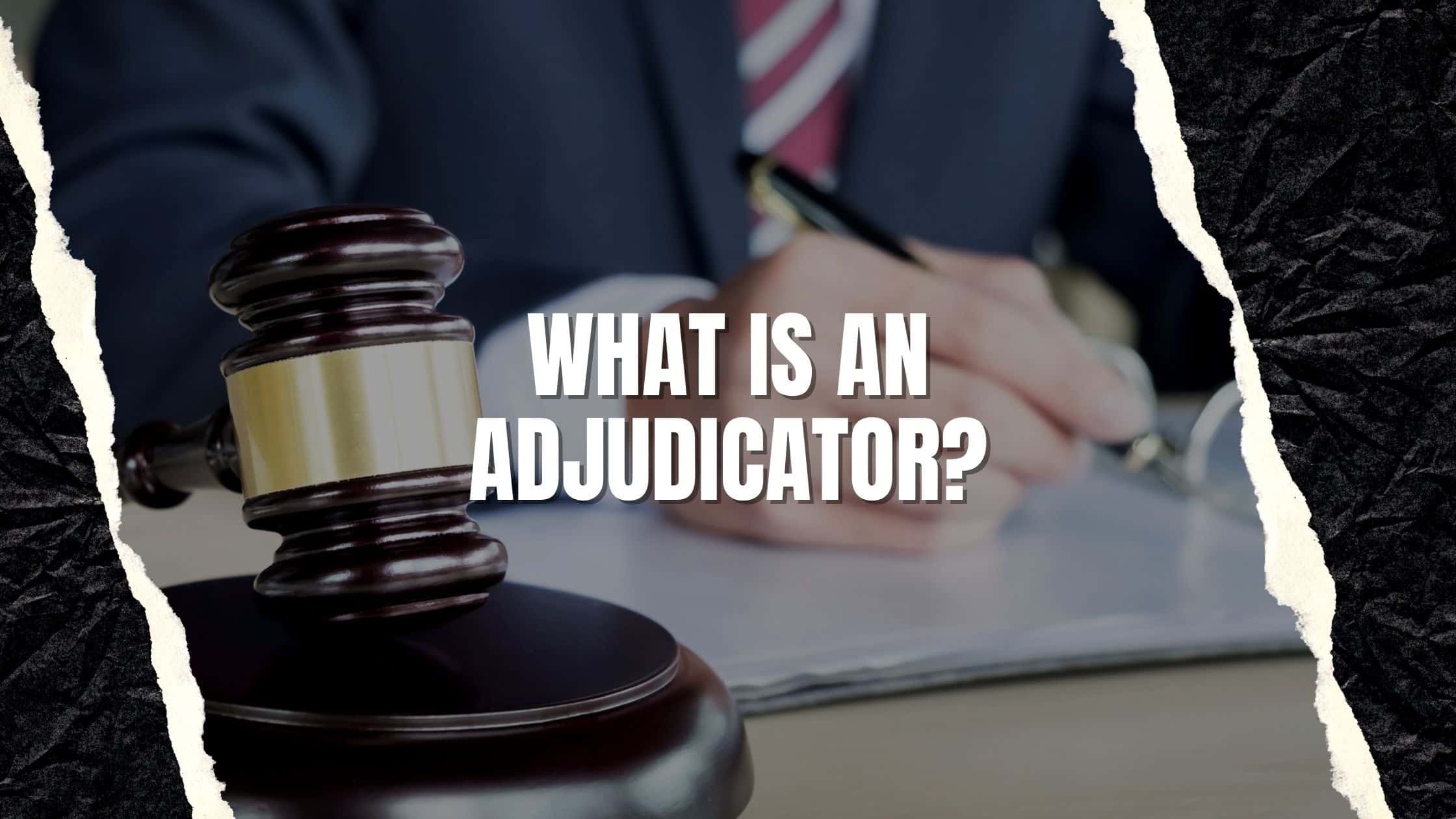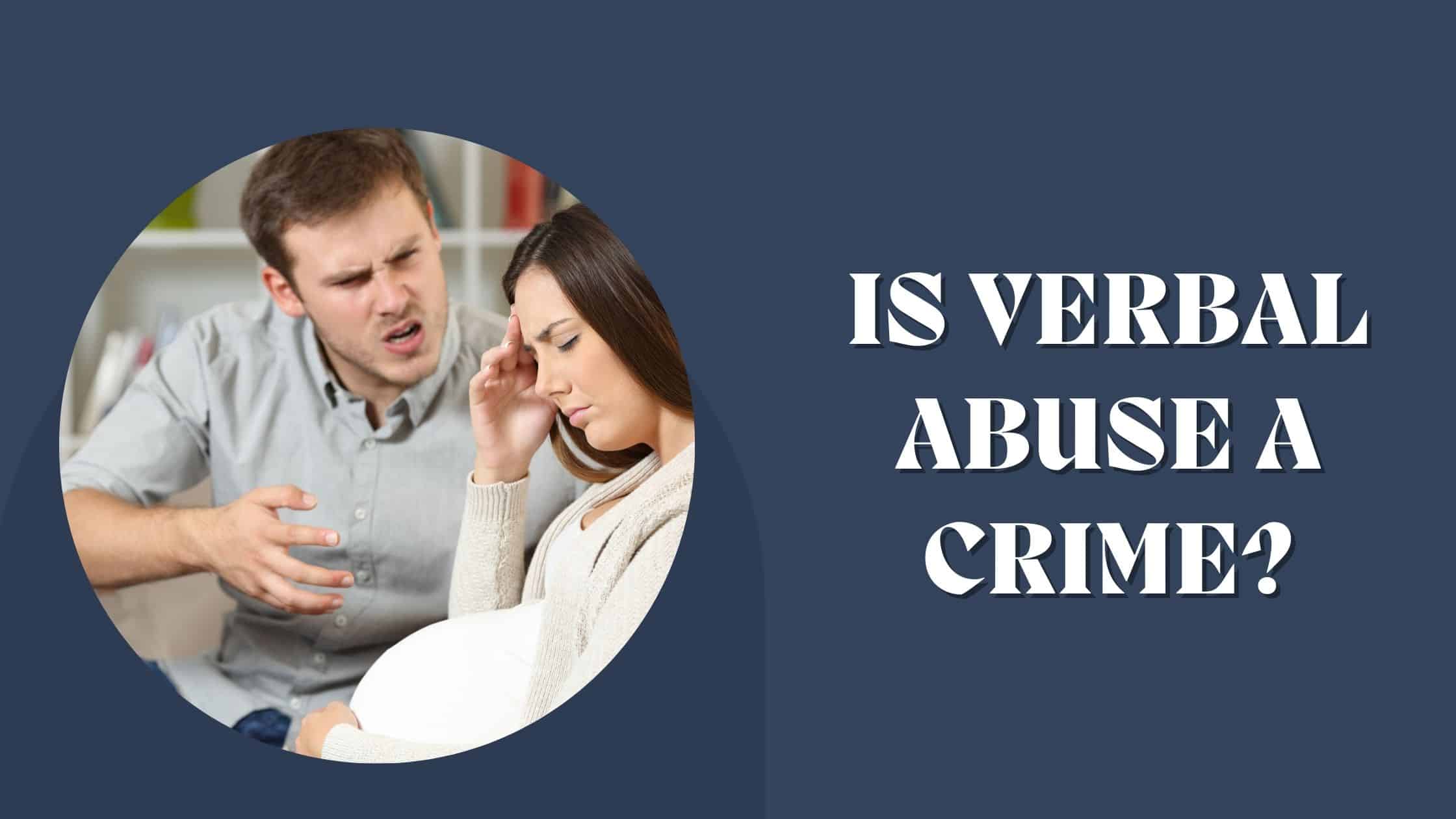Table of Contents
ToggleWhat Is Copyright?
A copyright is an exclusive right to an original piece of intellectual property. It’s a right that begins when the original work is fixed in one way or another. And it bestows upon the creator of the original work the right to reproduce, distribute, and transfer copyright ownership to another.
But not everything can be copyrighted. Moreover, the copyright only exists for a specific amount of time before it falls into the public domain. Once an original work falls into the public domain, it can never be copyrighted again.
What can be copyrighted?
Before an original work can be copyrighted, three elements must exist. The work must be original, it must be fixed in one way or another, and it must express something.

The concept of fixation refers to how it is published. Expression, on the other hand, asserts that the idea cannot be copyrighted, but the expression of that idea can.

Get Smarter on US News, History, and the Constitution
Join the thousands of fellow patriots who rely on our 5-minute newsletter to stay informed on the key events and trends that shaped our nation's past and continue to shape its present.
The most important element is that the work must be original in order to be copyrighted.
Some of the most typical works that are copyrighted are literary, musical, and dramatic works. But artistic work such as pantomimes and choreographic pieces can also be copyrighted, as they are a form of expression.
Pictures, sculptures, and other forms of graphics may also be copyrighted. As a result, movies, music, and architectural drawings may become copyright material.
What cannot be copyrighted?
If a work is not fixed in some form or tangible way, or cannot be considered original, then it cannot be copyrighted.
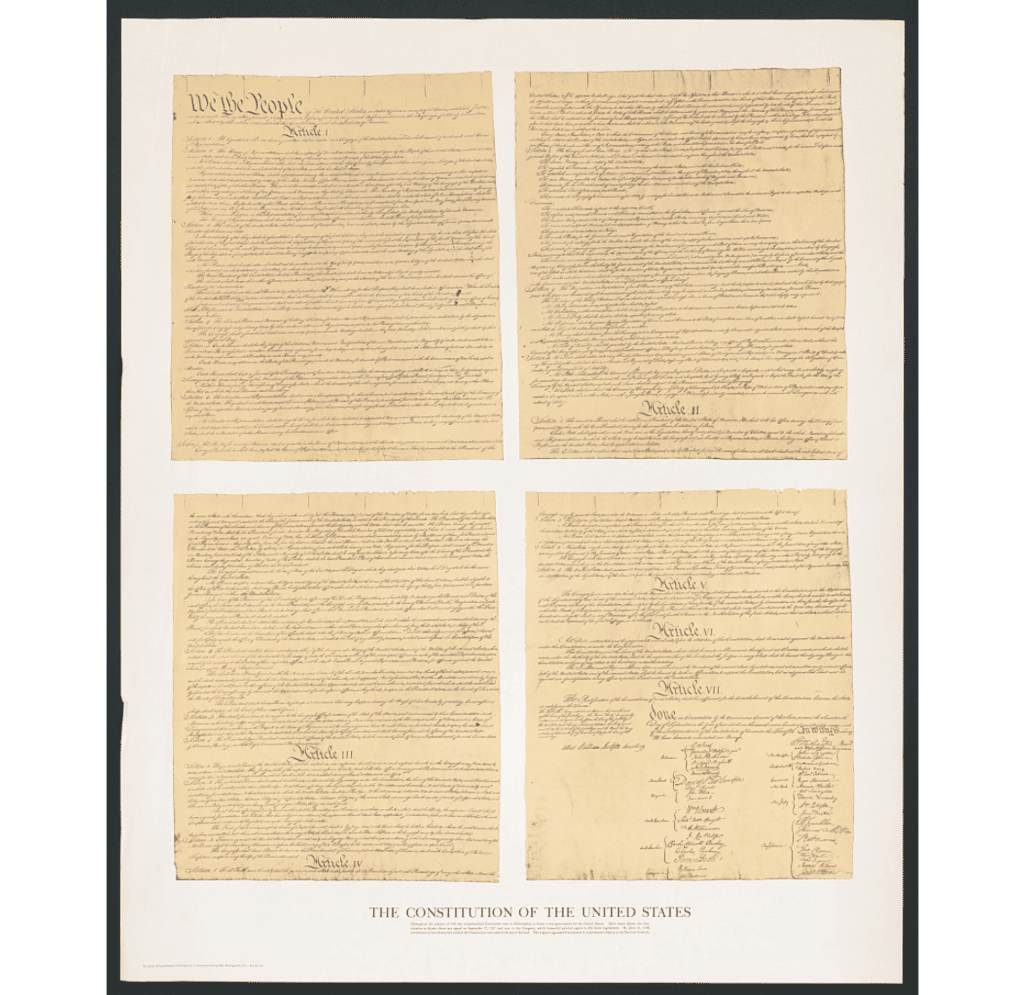
Just about anything created by the government, including cases, laws, court decisions, regulations, constitutions, and statutes, cannot become copyrighted material.
It is also not possible to copyright formulas, recipes, or other forms of ingredients. Slogans, mottos, catchphrases, and additional commonly known information about a company or organization cannot be copyrighted.
When Does the Copyright Begin?
The copyright begins the moment that you create some form of original work. It is an automatic right that is formed the moment you record the original work.
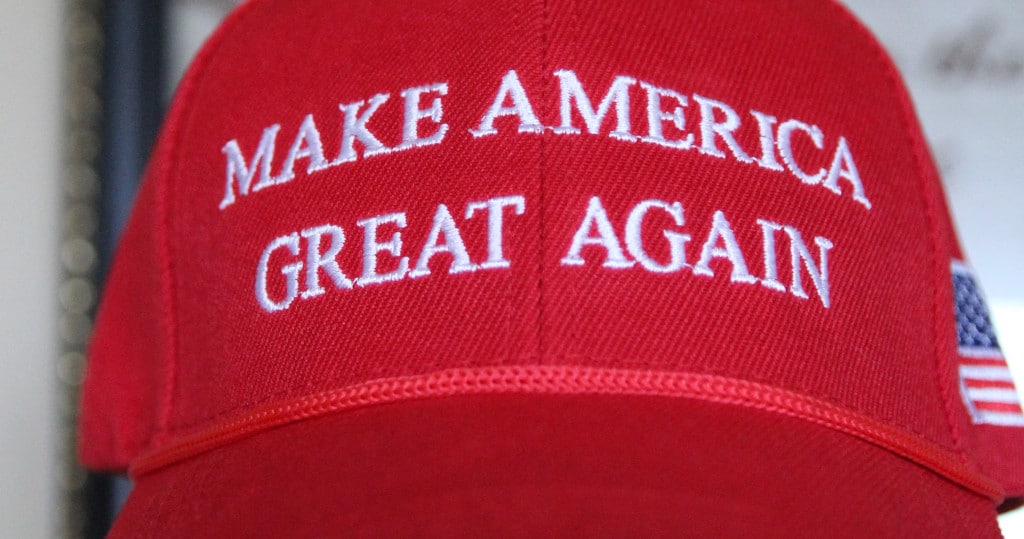
Simply hand-drawing an original character on a sheet of paper can bestow upon the creator copyright protection.
However, to defend a right to that creation in court, you must register it with the United States Copyright Office.
Copyright time limits
There are several different laws relating to the time limits of copyright. The overall length of the copyright depends on whether it was published and when it was created.
The moment a written piece of work is made available to the general public, it is considered copyrighted. And this copyright will continue for the lifespan of the copyright holder, plus 70 years.
One exception to this rule, however, is if the copyright holder paid a ghostwriter to create the content as part of a written agreement, that copyright will last a total of 120 years from the date of its creation or 95 years from the date of its first publication.
Registering Your Copyright
To protect yourself and your right to the original work, it is always best to register your copyright with the United States Copyright Office.

There are two ways to register your copyright, online or through the mail. Registering copyright ownership online is the easiest of the two methods, and the copyright office provides in-depth tutorials to help you along the way.
Fix the original work
But before it can be registered, it has to be fixed. That is, the original work has to be published in some way, shape, or form. It must be tangible.
A book, for example, is one of the most common ways of fixing an original work. Websites may also function as a means of fixation.
Regardless of how you look at it, the fixation must be considered stable enough for it to be understood as permanently fixed.

Fixing the creative work is an imperative step to copyrighting it. Unpublished works, such as a speech that has never been transcribed or recorded in any way, have not been fixed and, therefore, cannot be copyrighted.
Performances of music or dance that have not been recorded are also not fixed. When fixed, the original work must also contain some form of authorship, identifying the creator.
What happens after the copyright is fixed?
The moment that an original work is fixed, it is considered by law to be copyrighted material.
However, in a court of law, the first person to register the copyright with the United States Copyright Office is generally given the benefit of the doubt under copyright law.
As a result, although registering a copyright is not required, it is important to register the original work to protect your rights to the work.

As soon as the original work has been registered, the creator receives additional rights that allow them to seek statutory damages if someone infringes on the copyrighted work.
Simply put, the creator of the original creative work can actually claim damages for copyright infringement without actually having to prove any of those damages.
Make the payment
As a general rule, the cost of registering a copyright with the United States Copyright Office ranges from $35 to $55. However, there are certain specialized registrations that can cost substantially more.
Whether you register through the mail or online, you must pay the registration fee. If you register online, the fee will be automatically calculated for you.
Send in the work
Lastly, providing the United States Copyright Office with a physical copy of the original work is essential.

After you have filed the registration application and made the payment, you will need to send the Office a physical copy so that it can be placed in the Library of Congress.
How long does it take to be processed?
Regardless of how you registered, it can take up to eight months to completely process your application.
During this time, the Copyright Office will verify that your work is original, and assuming that there are no issues, you will be notified once it has been added to the Library.
